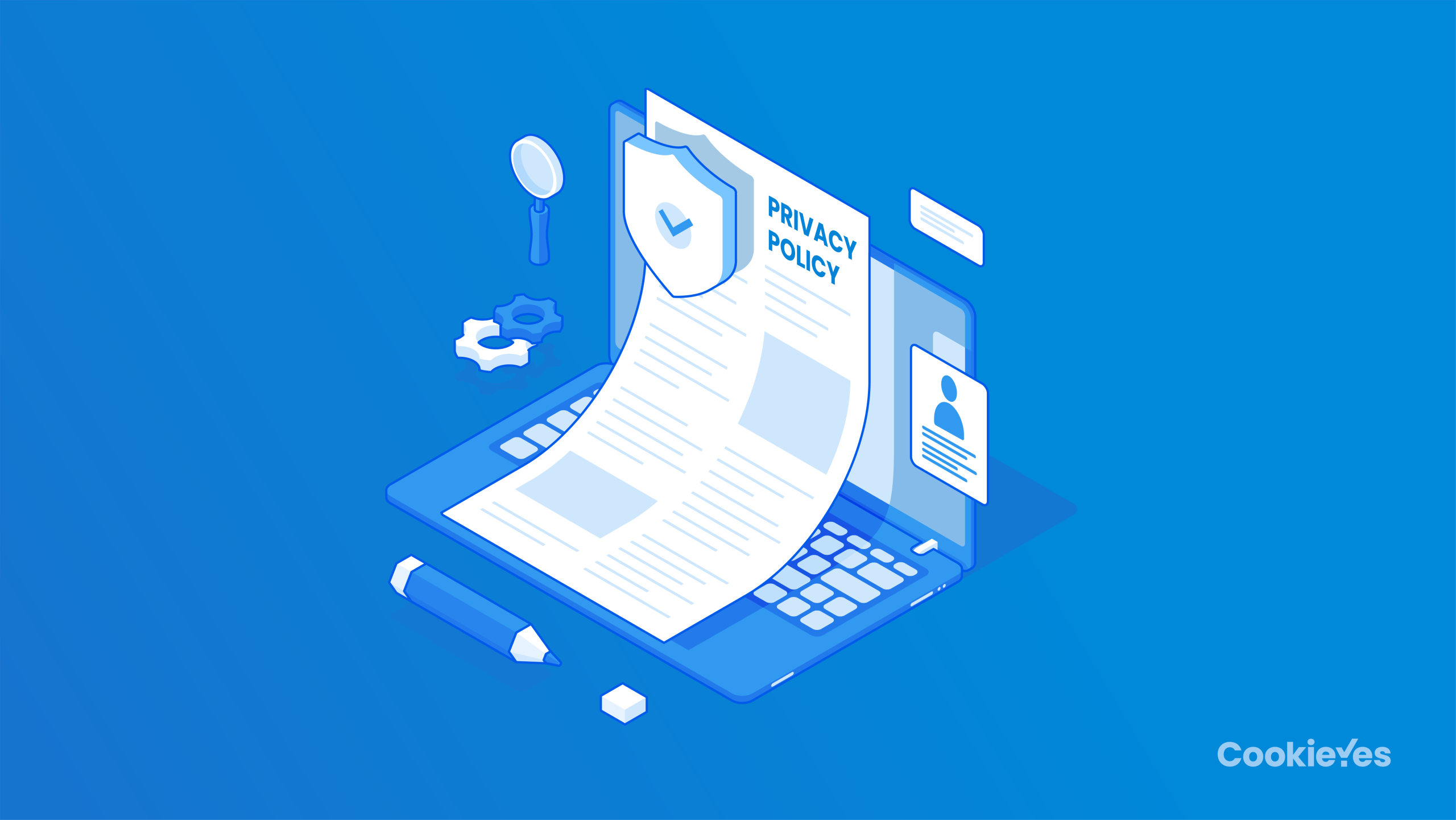Facing loan rejection can be incredibly frustrating, especially when urgent financial needs arise․ Many individuals find themselves in this predicament, often due to insufficient collateral or less-than-perfect credit scores․ But don’t despair! There’s a viable solution that can provide the financial relief you seek: unsecured personal loans․ These loans offer a pathway to accessing funds without the need to pledge any assets, making them an attractive option for those who can’t or prefer not to put their property at risk․ Explore the possibilities that unsecured personal loans offer and regain control of your financial situation․
Understanding Unsecured Personal Loans
Unsecured personal loans differ significantly from their secured counterparts․ The key difference lies in the absence of collateral․ With a secured loan, such as a mortgage or auto loan, the borrower pledges an asset (their house or car) as security․ If the borrower defaults, the lender can seize the asset to recoup their losses․ Unsecured loans, on the other hand, rely solely on the borrower’s creditworthiness and income to determine eligibility and loan terms․ This means the lender takes on a greater risk, which is often reflected in slightly higher interest rates compared to secured loans․
Benefits of Choosing Unsecured Loans
- No Collateral Required: This is the most significant advantage, making loans accessible to those who don’t own valuable assets or prefer not to risk them․
- Faster Approval Process: Since there’s no need to appraise or evaluate collateral, the approval process can be quicker than secured loans․
- Flexibility in Usage: Unsecured loans can be used for a wide range of purposes, from debt consolidation to home improvements to unexpected expenses․
Factors Affecting Your Eligibility
While unsecured loans offer accessibility, lenders still carefully assess the borrower’s ability to repay the loan․ Key factors that influence eligibility include:
- Credit Score: A good to excellent credit score significantly increases your chances of approval and often results in lower interest rates․
- Income: Lenders need to verify that you have a stable and sufficient income to comfortably manage your loan repayments․
- Debt-to-Income Ratio (DTI): This ratio compares your monthly debt payments to your gross monthly income․ A lower DTI indicates that you’re less burdened by debt and more likely to repay the loan․
- Employment History: A consistent and stable employment history demonstrates financial responsibility․
It’s important to note that even with a less-than-perfect credit score, it’s still possible to obtain an unsecured loan․ However, you may face higher interest rates or stricter loan terms․
Where to Find Unsecured Personal Loans
Many financial institutions offer unsecured personal loans․ Some of the most common sources include:
- Banks: Both traditional brick-and-mortar banks and online banks offer a variety of loan options․
- Credit Unions: Credit unions often provide more favorable interest rates and fees compared to traditional banks․
- Online Lenders: Numerous online lenders specialize in unsecured personal loans, offering a convenient and competitive marketplace․
Before applying, it’s crucial to shop around and compare offers from different lenders․ Pay close attention to the interest rate (APR), fees, loan terms, and repayment options․
Making the Right Choice
Unsecured personal loans can be a valuable tool for managing your finances, but it’s essential to approach them responsibly․ Before taking out a loan, carefully assess your financial situation and ensure that you can comfortably afford the monthly payments; Consider creating a budget and exploring alternative options, such as negotiating with creditors or seeking financial counseling․ Remember to borrow only what you need and avoid using the loan for frivolous purchases․

